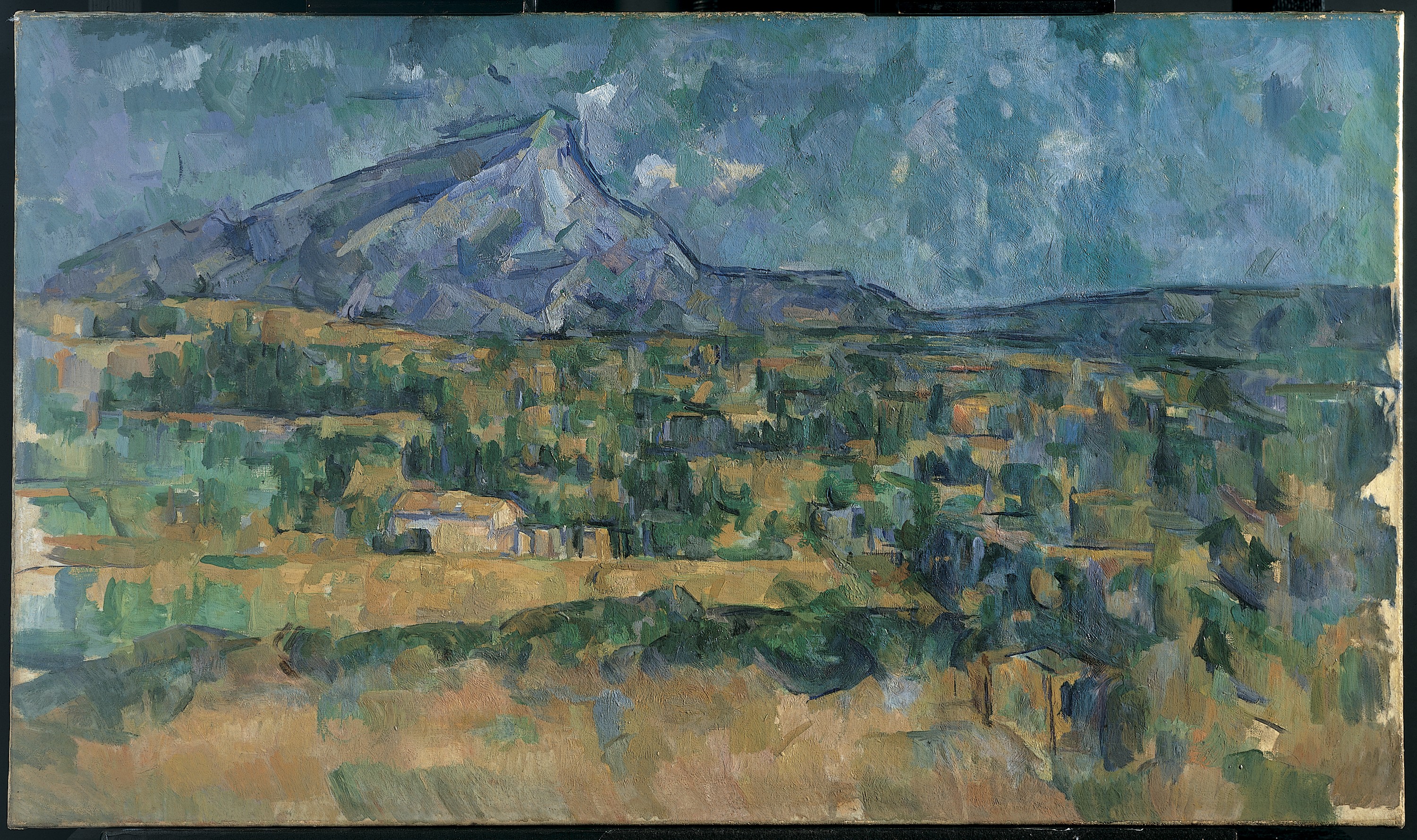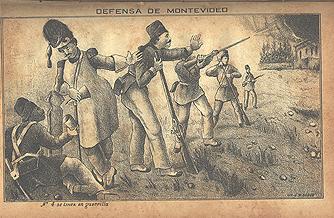
Turkish market on Syrian border serves the discerning rebel, selling camouflage fatigues, gas masks, and black caps featuring the slogan “There is no god but God” (via Thanassis Cambanis).
Stuart Montgomery asks how the Syrian conflict will end, drawing lessons from previous civil wars. Last month Marc Pierini examined how the conflict is being played out in Moscow, Tehran, and Washington.
More on the Syrian refugee crisis straining Lebanon. Max Abrahms passes along news of a UN report alerting that 9.3 million Syrians require humanitarian aid, including 6.5 million who are internally displaced, an increase from 4.25 million in June.
Pakistan’s claim that drones have killed only 67 civilians baffles analysts in both the US and Pakistan.
Are Saudi-backed Salafists returning to the Iranian-Pakistani border? Note what looks like a US-manufactured Bell Twin Huey family helicopter, sold to Iran before the revolution, in the photo accompanying the article.
After the resent resumption of violence in Mozambique between the government and militias attached to the Renamo opposition party, anxiety, instability, and kidnappings spread. Haru Mutasa asks why the growing tensions are rarely reported in the international media:
“Maybe its not yet a ‘sexy’ story because we are not seeing many people dying yet. Maybe it’s hard to access the area? Or maybe countries like the DRC, CAR, Somalia grab headlines and viewers much easier than a former Portuguese colony called Mozambique?”
PVG contributors Lionel Beehner and Joseph Young have a piece in The National Interest asking whether drone airstrikes or raids by special operations forces are a greater violation of sovereignty, concluding that “almost counterintuitively, it is crossborder ground raids that are emerging as a new international norm, whereas the use of drones is becoming taboo.”
Gruesome video posted to Facebook of a cartel-related beheading recently attracted global attention, but why haven’t Mexican authorities identified the victim? “This gets to the heart of one of Mexico’s biggest dramas – and that’s the issue of investigation,” says columnist Julian Andrade. “Remember that statistics show we have a 96-98% rate of impunity. The majority of crimes are never going to be investigated here in Mexico.” Elsewhere in Mexico, the armed forces take over security in a key Pacific port, ostensibly due to ‘corruption and collusion’ among local authorities.








0 comments
Concerning Mozambique, it might be that most of Africa simply is usually unimportant to Western readers. Look at how long it took Somalia to actually get in the news regularly and how few decent books are available on it. The Democratic Republic of the Congo is an even better example, conflicts have been waging there for decades now and it only gets into the news every now and then when an especially bad massacre occurs or when the U.N. sends some more peacekeepers*.
Additionally, Western readers have probably grown apathetic to bad news coming from Africa after about sixty years of it.
*And the majority of the books I can find look almost exclusively at massacres, torture and other human rights abuses which, while very important, does little to give the average outside citizen any informed knowledge about the nation and its political environment.
Yes. Interestingly the situation in Mozambique first popped on my radar through Portuguese-language media, where the story seems to be getting more play due to the language link.
Isn’t it a former colony? European nations tend to be more interested in those (France for Syria, U.K. for Kenya etc.).
Yes it is.